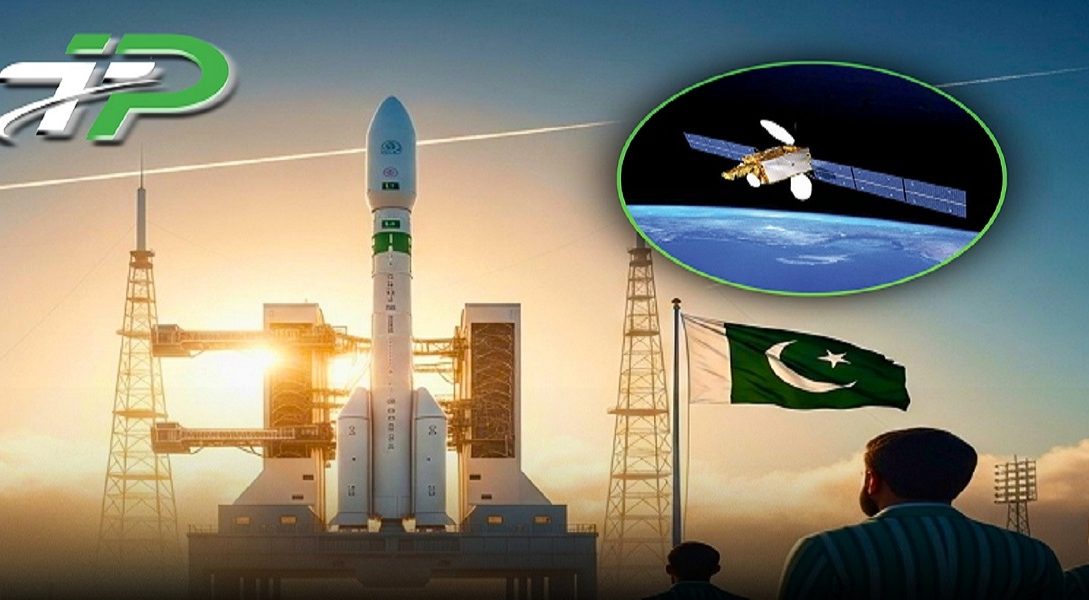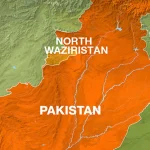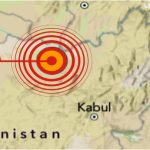ISLAMABAD: Pakistan has achieved a major breakthrough in its space program with the successful launch of its first hyperspectral imaging satellite, HS-1, from China’s Jiuquan Satellite Launch Centre. The launch, witnessed by Pakistani scientists, marks a defining moment in the country’s scientific and technological advancement.
The Space and Upper Atmosphere Research Commission (SUPARCO) organized a special event in Islamabad to commemorate the launch. Addressing the ceremony, Space Technology Secretary Brigadier Aftab called the mission a “historic milestone” for Pakistan, saying that HS-1 would enable the nation to observe the Earth with “unprecedented precision and detail.”
He added that the project reflects Pakistan’s growing self-reliance in space exploration and is in line with the National Space Policy and Vision 2047, aimed at building long-term technological independence.
Equipped with sophisticated sensors capable of capturing data across 130 spectral bands, HS-1 can analyze the Earth’s surface, atmosphere, and water bodies in remarkable detail.
According to SUPARCO, the new satellite will support a wide range of applications, including:
Disaster management — monitoring floods, droughts, and earthquakes.
Climate observation — tracking glacier movements and assessing environmental change.
Urban development — mapping infrastructure, deforestation, and urban expansion.
Air quality monitoring — detecting pollution and smog in real time.
These capabilities will significantly enhance Pakistan’s ability to manage environmental resources and respond swiftly to natural calamities.
Beyond environmental monitoring, HS-1 is set to transform Pakistan’s agriculture sector. Its hyperspectral imaging will provide precise data for crop monitoring, soil health assessment**, and irrigation management, potentially improving yields by up to 30 per cent, officials said.
By identifying water stress, soil degradation, and seasonal crop variations, the satellite will help optimize farming practices and guide policy decisions aimed at ensuring food security. The system will also support water resource management by identifying shortages and their impacts on crops and forests.
With HS-1 now operational, Pakistan joins the group of nations using advanced space-based hyperspectral imaging to tackle climate, environmental, and agricultural challenges — a major stride toward a sustainable and self-reliant future.
















